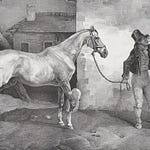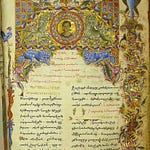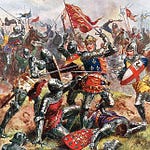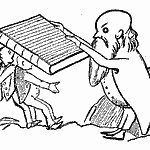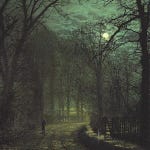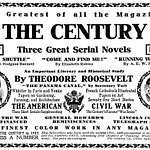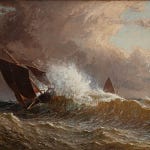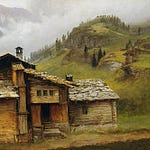Through April 15th at Word & Song our Easter special continues: 20% off all upgrades, gift, and new subscriptions.
May God bless you all during the coming week and through Eastertide.
“This is the day the Lord has made,” sings the psalmist. “Let us be glad and rejoice in it!”
Do you know what day it is, dear Reader? I remember the first time I ever read Augustine’s Confessions, when I was an undergraduate at Princeton (of all places), and I got to those last four chapters where that titan of thought talks about memory, and matter and form, and the creation of the world, and time and eternity. It took my breath away. Here I was with all my supposedly new questions about man and the world, and Augustine had anticipated them by 1600 years, and given better answers to them than any I’d heard from modern thinkers. But when I read, in effect, that God had never ceased to create, that it was still the sixth day, and that we awaited the seventh day that has a morning but no evening, because it never passes away, in the time beyond time, and then when I read that the eighth day is the day of Resurrection, the new Sabbath beyond the Sabbath, I felt the thrill of someone whose eyes are suddenly opened, and he sees a new color, one he can’t describe, but one he’s longed to see, all the same.
I had that same feeling when I first read our Poem of the Week, “Easter,” by that master artist of sacred poetry, George Herbert. The first three stanzas attempt to sing, by meditating upon what Christ’s rising from the dead means for us in the dust of our lives, and then what it means for us as artists, as human beings who are made for song, that language beyond language, the language of the heart. And who can interpret for us this language, this song, but the Spirit of God, whom Herbert calls upon “to make up our defects with his sweet art”? And then comes the part of the poem that really is the song.
It’s in a different meter from the first three stanzas. It’s quite simple: one of the common English meters for a ballad, called “long meter,” meaning that each of the four lines in the stanza has eight beats, with a strong stress on every other beat. The alternate lines rhyme. The language is simple. There aren’t any unusual metaphors — nothing like the extraordinary comparison in the second stanza, of the cross to a musical instrument, and the stretched sinews of Christ to the strings! There isn’t any straining for effect. It is all quite straightforward. Jesus arises in the east: sweeter than all the eastern spices, more glorious than the sun. He doesn’t need the boughs and the flowers we bring to strew his way. He has brought his own! He doesn’t need our singing, but we do sing: and what we sing at last is just what the Psalmist says: This is the day the Lord has made. Why, there is no other day! We can count up the days all we want, three hundred or so in a year, but we are just missing the point. This is the day: and it is the only day, the day that has arisen and that shall never set.
Rise, heart; thy Lord is risen. Sing his praise
Without delays,
Who takes thee by the hand, that thou likewise
With him mayst rise:
That, as his death calcined thee to dust,
His life may make thee gold, and much more, just.
Awake, my lute, and struggle for thy part
With all thy art.
The cross taught all wood to resound his name,
Who bore the same.
His stretched sinews taught all strings what key
Is best to celebrate this most high day.
Consort both heart and lute, and twist a song
Pleasant and long:
Or, since all music is but three parts vied
And multiplied,
O let thy blessed Spirit bear a part,
And make up our defects with his sweet art.
I got me flowers to strew thy way;
I got me boughs off many a tree:
But thou wast up by break of day,
And brought’st thy sweets along with thee.
The Sun arising in the East,
Though he give light, and the East, perfume,
If they should offer to contest
With thy arising, they presume.
Can there be any day but this,
Though many suns to shine endeavor?
We count three hundred, but we miss:
There is but one, and that one ever.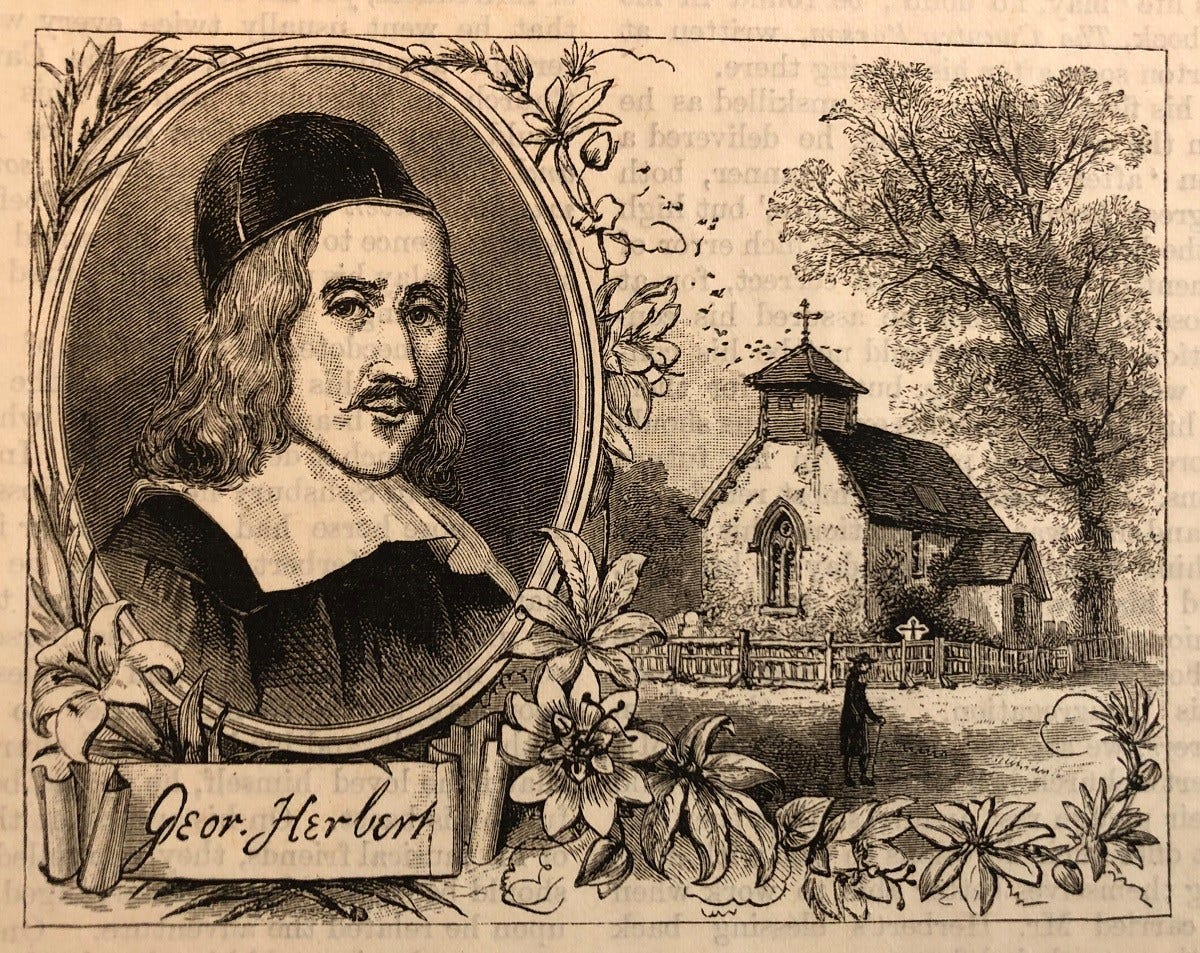
Word & Song by Anthony Esolen is an online magazine devoted to reclaiming the good, the beautiful, and the true. We publish six essays each week, on words, classic hymn, poems, films, and popular songs, as well a a weekly podcast for paid subscribers, alternately Poetry Aloud or Anthony Esolen Speaks. To support this project, please join us as a free or paid subscriber. Learn more about our subscription tiers by clicking the button below.





